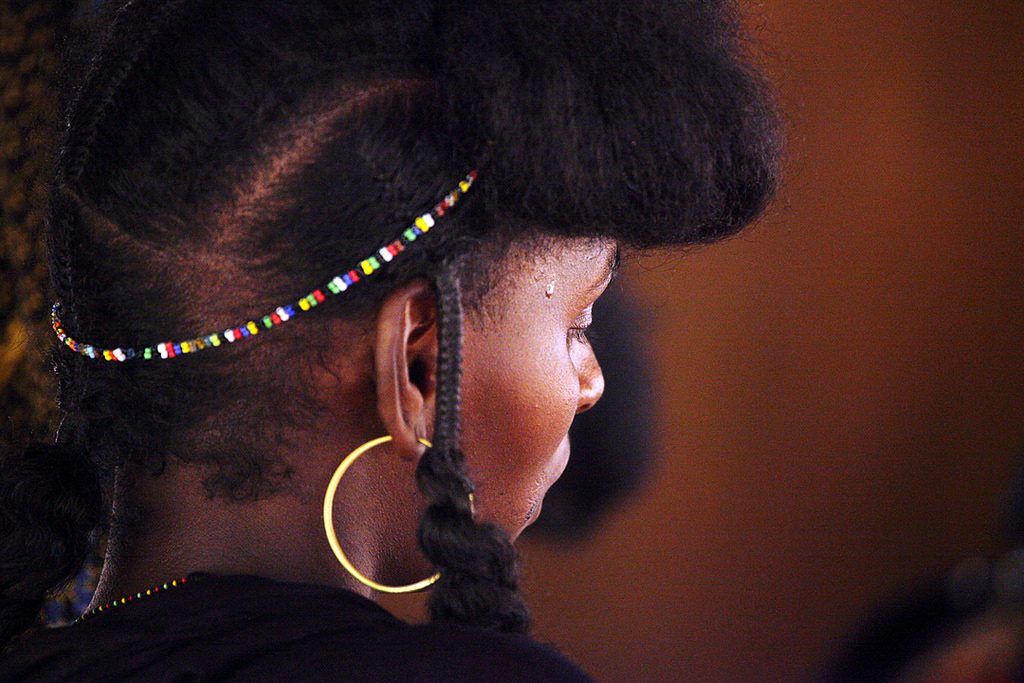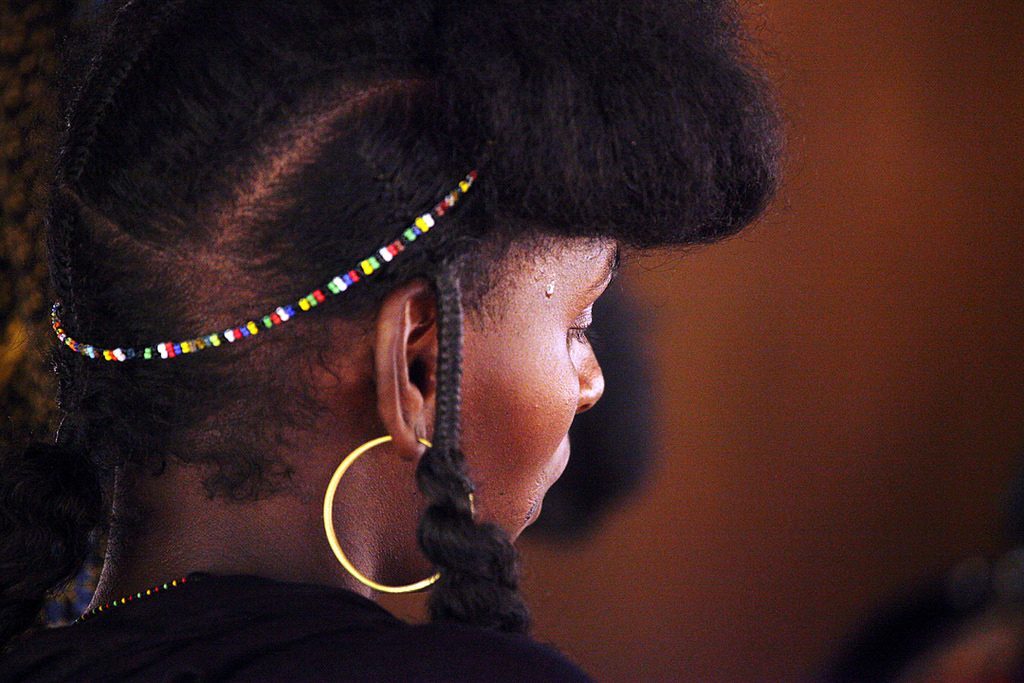I helped set up International Widows Day after seeing the harsh injustices endured by my mother when she became a young widow
When my mother was widowed at the age of 37 following my father’s death from tuberculosis her grief was compounded by a cruel social stigma that she endured her whole life.
That was many decades ago, but India’s 46 million widows still face a myriad of injustices, often rooted in a belief that they bring bad luck because of their perceived link with the hereafter.
This weekend, on June 23, the anniversary of my mother’s widowhood, I will be attending a ceremony in India to mark International Widows Day – a time for reflecting on some of the world’s most marginalised women and highlighting the hidden abuses inflicted on them.
The discrimination faced by my mother was most acutely symbolised during my own wedding when the priest asked her not to stand near us lest she bring bad luck.
This was a turning point for me. How could a woman who had always cared for me and wished me well bring me bad luck? I had had enough of this socially prescribed misery heaped among personal tragedy and decided to turn my dismay into action.

Widows face a multitude of abuses, often arising from cultural and religious beliefs and linked to extreme poverty.
Many are robbed of their inheritance, some are treated as servants by their in-laws, others lose their children or are married off to their late husband’s brother.
In certain communities in Kenya, Malawi, Zambia and elsewhere some widows undergo degrading sexual rituals – called “widow cleansing” – in which they are made to have sex with a village “cleanser” or a relative of their late husband in the belief this exorcises his spirit. This practice has been documented as a factor in the spread of HIV/AIDS.
In parts of Africa, South Asia and the Middle East widows may be forced to marry their deceased husband’s brother.
In other places, including countries as disparate as India, Nigeria, Tanzania and Papua New Guinea, widows are accused of witchcraft and banished from communities or killed. Older widows are particularly at risk of such accusations.
In 2015, the World Widows Report – the most comprehensive study of widowhood to date – estimated there were more than 258 million widows globally. With so many conflicts raging, it’s likely this number will have risen.
Women left widowed by violence in Syria, Iraq and Myanmar continue to be abused in different ways. There are reports of Syrian women having to resort to sex work. Young widows are also at risk of falling prey to traffickers and forced into prostitution.
Closer to home, I wonder about the fate of widows in Greece after the destruction of the Greek economy. The UK’s dramatic slashing of bereavement benefits is also an unwelcome development.
But widows are not the only ones to suffer. Many of these women are mothers with young daughters, and the deprivations inflicted on them also impact the next generation of girls. Impoverishment, or the fear of poverty, often leads widows to favour their sons over daughters and may spur them to marry off their daughters early. All this has implications for the Sustainable Development Goals.
I believe the injustices suffered by widows often derive from a lack of empathy – both at a grassroots and institutional level. Institutions and their bureaucracies are often notoriously poor at empathy, especially when resources become scare.
My hope, on International Widows Day 2018, is that the world will discover its empathy, and then convert empathy into action.

